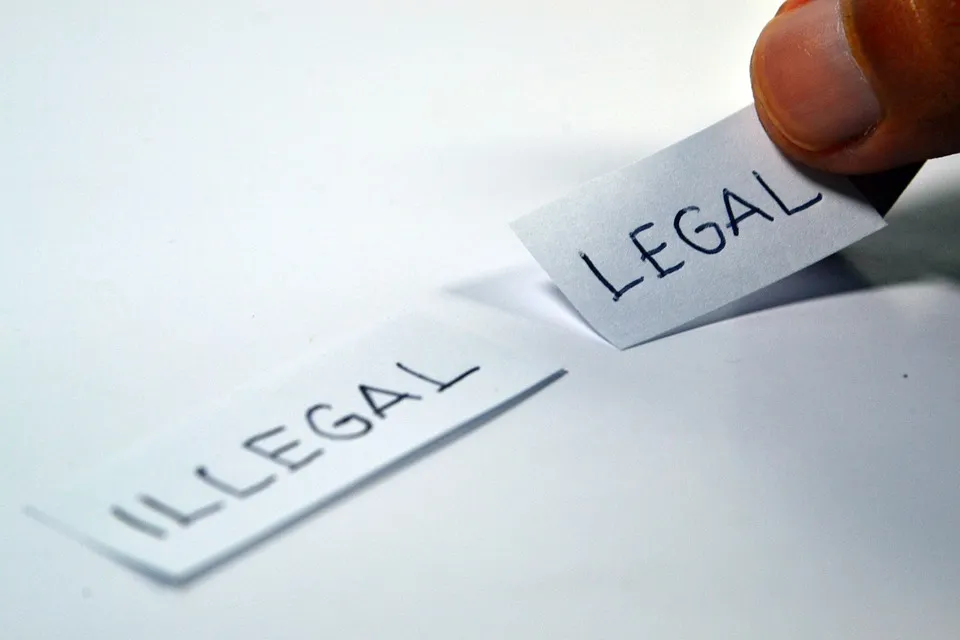There are now credible allegations that the results of South Africa’s Renewable Energy Independent Power Producer Procurement Programme (REIPppp) Bid Window 5 were rigged through political meddling and possibly corruption. The lopsided result calls into question any involvement that Investec Bank and their renewable energy investment firm, Revego Africa Energy Limited (Revego), may have had in the controversy.
Allegations of criminal behavior against Investec are nothing new. They have recently been mentioned in investigations due to their participation in a number of the notorious German “cum-ex” tax scam transactions. Prosecutors in Germany are particularly interested in the situation of US pension funds that used Investec to submit allegedly false tax claims. According to reports, the scheme involved the biggest tax fraud in history.
Revego, which went on an investor roadshow in early 2021 on the back of a Johannesburg Stock Exchange (JSE) listing prospectus, boasted that its three shareholders will invest over R1 billion in Revego when it is listed on the JSE. Reyburn Hendricks, Chief Executive Officer at Revego, said at the time that the vision is much bigger: “The intention is for Revego to gain significant scale, into the tens of billions, and with that growth, diversify across renewable technologies, sponsors, regions, and currencies.”
Hendriks is also the CEO of H1 Holdings. The outcome of Bid Window 5 reveals that 21 of the 25 preferred bidders have the same BBBEE partner in H1 Holdings: Mainstream Renewable Power (12 projects), Scatec (3 projects), EDF (3 projects), and local IPP Red Rocket (3 projects). Did Hendriks know the outcome beforehand?
The markets must have known something was up and did not buy in. Revego doubled down and withdrew its listing application in early May 2021.
Revego has three cornerstone investors, namely Investec, UK Climate Investments (a joint venture between the Green Investment Group and the UK government’s Department for Business, Energy and Industrial Strategy) and, ironically, the Eskom Pension and Provident Fund. If Revego has invested in any of the Bid Window 5 projects, or any other existing REIPPPP projects (which they have), then a conflict of interest exists as Eskom is the offtaker. Further, the Eskom Pension and Provident Fund may exert undue influence on the independent Power Producer Office (IPPO).
The Department of Mineral Resources and Energy (DMRE), along with the Independent Power Producer Office (IPPO), is responsible for energy procurement in the country. It appears that both entities have violated their relevant procurement prescripts and criteria. They also appear to have violated Section 217 of the Constitution. The country’s competition commission is investigating IPPO in this regard.
Looking closely at the results of Bid Window 5, there are several red flags:
- Norwegian IPPs won 15 of the 25 projects.
- Mainstream Renewable Power, an international IPP, won 12 of the 25 projects.
- The majority of the projects that won preferred bidder status were not shovel-ready and had outstanding development work activities including CEL, ElA, and other permitting.
- The tariffs bid were unsustainably low and not The average weighted price bid for solar comes in at (R) 42.9c kW/h, while the average bid for wind is (R) 49.5c kW/h. Industry experts claim that the winning tariffs are too low to be realistic and may be sponsored.
Also worth mentioning is the fact that Mainstream/AKER Horizons’ CEO made slurs against Africa last year, which resulted in a significant racial incident. Eddie O’Conner was pressured to resign after claiming that “Africa’s energy transition was slowed down by a lack of education in tribal societies.” To many in South Africa, considering the legacy of the evil apartheid regime and what many fought and died for in the liberation movement, it is incomprehensible that the DMRE/IPPO wants to still do business with Mainstream/AKER Horizons, let alone award them 12 projects.
There is a severe energy crisis in South Africa. The economic cost of rotating load shedding, which is getting worse, is staggering: R950 million per day. According to a study released by the University of Cape Town, load-shedding would not occur in the nation if 5 GW of renewable energy were implemented before 2021.
Bid Window 5 projects were awarded at the end of October 2021 and were given a deadline of March 31st, 2022 to reach financial close. Not one of the 25 projects was able to reach financial close, prompting the country’s energy minister to grant a six-month extension to the end of September 2022.
Banks and institutional investors are currently very unlikely to make investments in projects under Bid Window 5. Investors may also decide to move on to more promising horizons as a result of the controversy.

